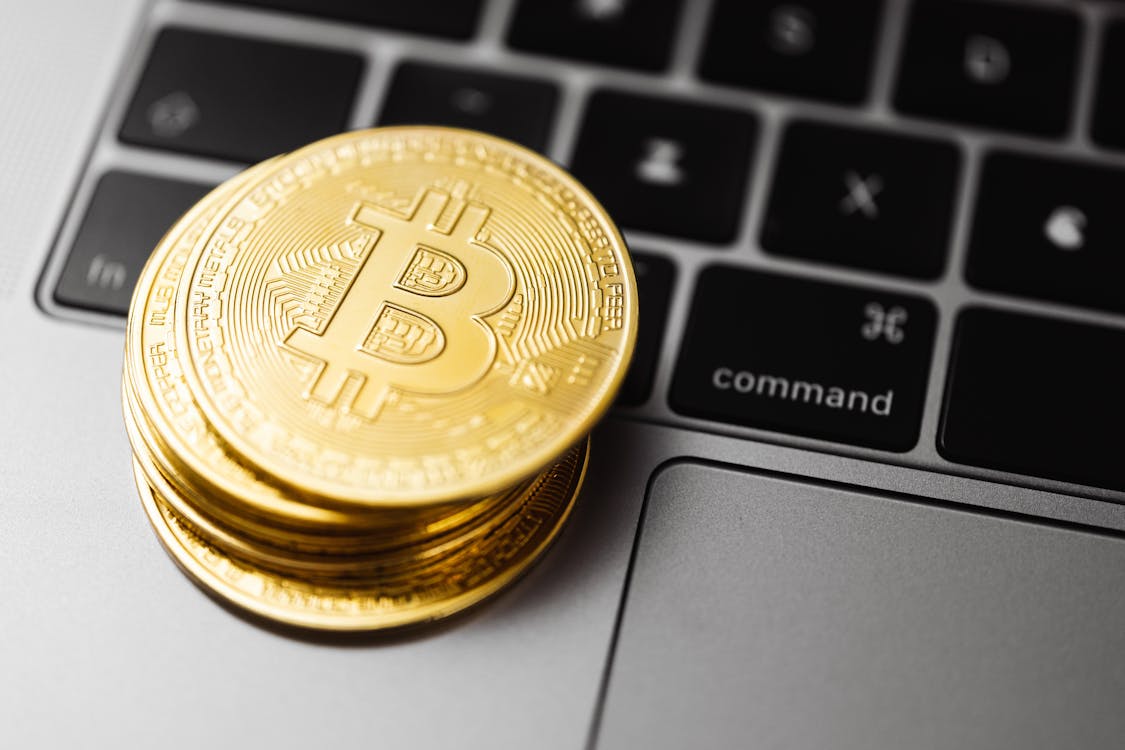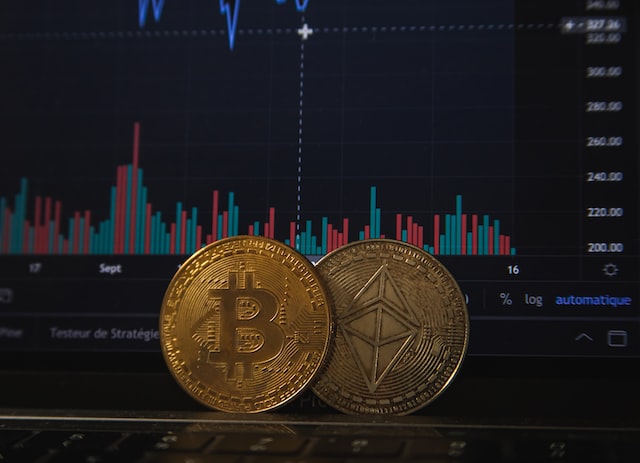Bitcoin, the world’s first and largest cryptocurrency by market capitalization, has been gaining a lot of attention in recent years. As the interest in Bitcoin and other cryptocurrencies continues to grow, more and more people are considering investing in this digital currency. However, before investing in Bitcoin, it’s important to understand the basics of this digital currency, the potential risks and rewards associated with investing in it, and the various factors that could influence its value. Investing in Bitcoin can be a complex and risky endeavor, and it’s important to approach it with caution and do your own research. In this blog, we will explore 10 important things to know before investing in Bitcoin, including its features, use cases, volatility, and future prospects. By understanding these key aspects of Bitcoin, you can make a more informed decision about whether or not to invest in it.
Bitcoin is a decentralized digital currency.

Unlike traditional fiat currencies, Bitcoin is not controlled by any government or financial institution. Instead, it is based on a decentralized, peer-to-peer network that allows for fast and cheap transactions without the need for intermediaries. This decentralized nature of Bitcoin means that it is not subject to the same regulations and control as traditional currencies, which can provide a level of anonymity and freedom for its users. However, it also means that there is no central authority to protect your investments in the event of fraud or hacking.
Bitcoin is based on blockchain technology.
The Bitcoin blockchain is a decentralized, digital ledger that records all transactions on the network. Each block in the blockchain contains a list of recent transactions, and once a block is added to the blockchain, the transactions it contains are considered to be confirmed. The blockchain technology that underlies Bitcoin is what allows for its decentralization and security, as it is protected by complex cryptographic algorithms that make it almost impossible to hack or manipulate.
Bitcoin is scarce.

There is a limited supply of 21 million Bitcoins, and as of now 18.7 million have been mined. This scarcity creates a supply and demand mechanism, which can drive up the price of Bitcoin as more people start to invest in it. However, it’s important to note that the scarcity of Bitcoin does not necessarily mean that it has inherent value, as the price of Bitcoin is primarily driven by market sentiment and speculation.
Bitcoin can be stored in a digital wallet.
A digital wallet is a software program that allows you to store, send, and receive Bitcoins. There are different types of digital wallets available, including hot wallets that are connected to the internet and cold wallets that are offline. These digital wallets provide a high degree of security for your Bitcoins, but it’s important to choose a reputable wallet provider and to properly secure your wallet with a strong password and two-factor authentication.
Bitcoin transactions are public and transparent.

All transactions on the Bitcoin network are recorded on the blockchain, and anyone can view them by using a blockchain explorer. This transparency can be useful for tracking the movement of funds and detecting fraudulent activities. However, it also means that your transactions can be traced back to your digital wallet, which can be a concern for those who value their privacy.
Bitcoin is volatile.
The price of Bitcoin is highly volatile and can fluctuate significantly in a short period of time. This volatility can make it a risky investment, and it’s important to be aware of the potential for large price swings before investing in Bitcoin. It is not uncommon for the price of Bitcoin to fluctuate by 10-20% in a single day, and it has been known to experience even larger price swings.
Bitcoin is not yet widely accepted.

While an increasing number of merchants and businesses are starting to accept Bitcoin as a form of payment, it is not yet widely accepted. This means that you may have limited options for using your Bitcoins in the real world, and it may be difficult to convert your Bitcoins into cash.
Bitcoin is not backed by any physical assets.
Unlike traditional currencies, Bitcoin is not backed by any physical assets such as gold or silver. This means that its value is based solely on supply and demand, and it can be more susceptible to market manipulation and speculation.
Bitcoin is not regulated.

As a decentralized digital currency, Bitcoin is not regulated by any government or financial institution. This can make it difficult to protect your investment in the event of fraud or hacking, as there is no central authority to turn to for help or recourse. Additionally, this lack of regulation can also make it a target for money launderers and other criminal activities.
Investing in Bitcoin should only be done with disposable funds.
Bitcoin can be highly volatile and price can fluctuate drastically in a short period of time. It’s important to only invest money that you can afford to lose and not to put in more than you can afford to lose. Additionally, it’s important to diversify your investments, and not to put all your eggs in one basket. Investing in other cryptocurrencies or assets can help to reduce the overall risk of your investment portfolio.
In conclusion, Bitcoin is a decentralized digital currency that has the potential to revolutionize the way we conduct online transactions. However, it’s important to understand the potential risks and rewards associated with investing in Bitcoin before making a decision. Make sure you understand the basics of Bitcoin, the potential risks and rewards associated with investing in it, and most importantly, only invest disposable funds. It is always a good idea to consult with a financial advisor before making any investment decisions. It is also important to research and understand the market trends and the factors that could influence the price of Bitcoin. Additionally, it’s important to stay informed about developments in the cryptocurrency space, such as new regulations or technological advancements that could affect the value of your investment.
